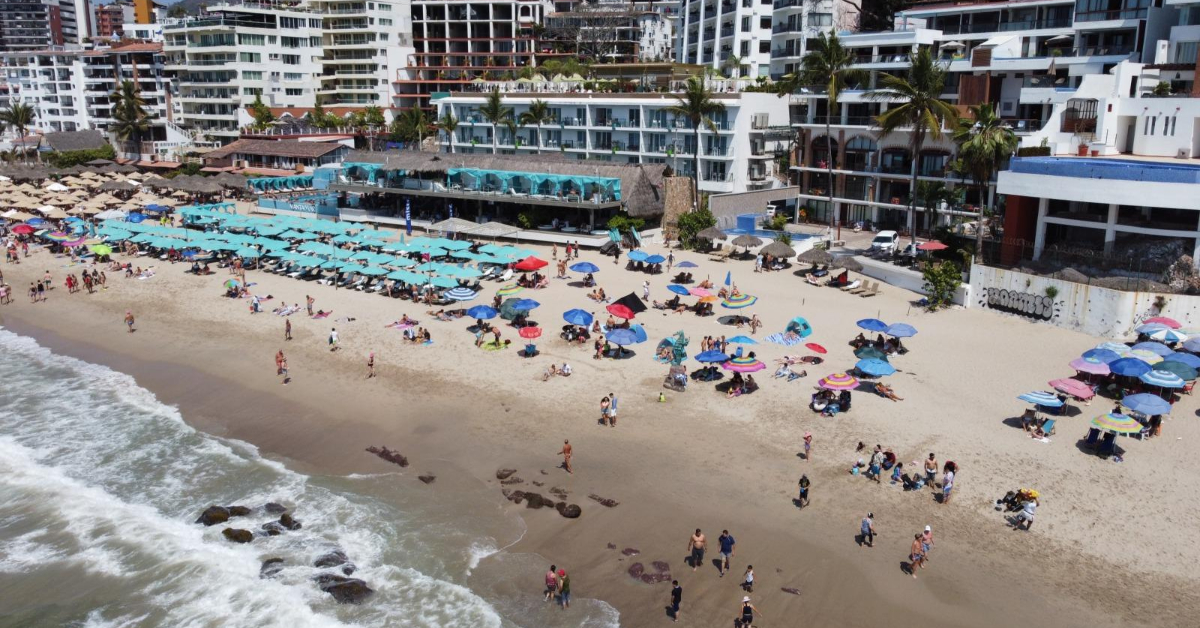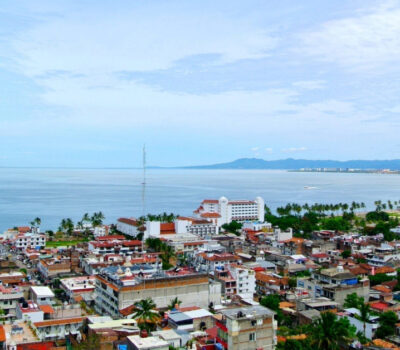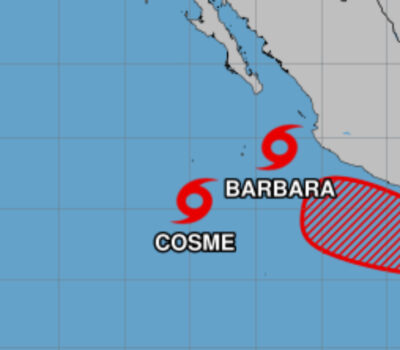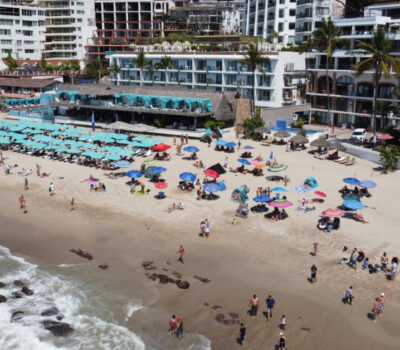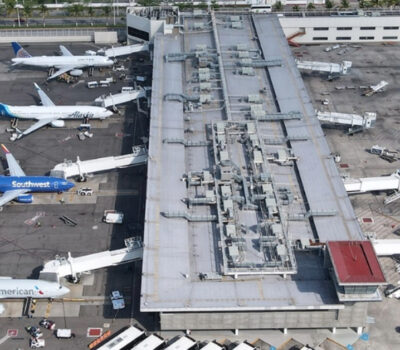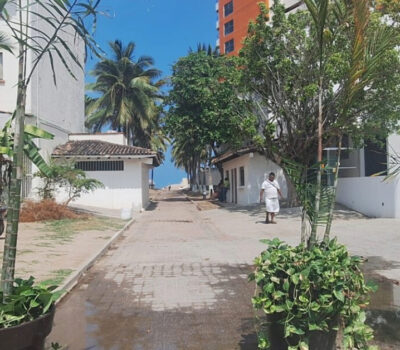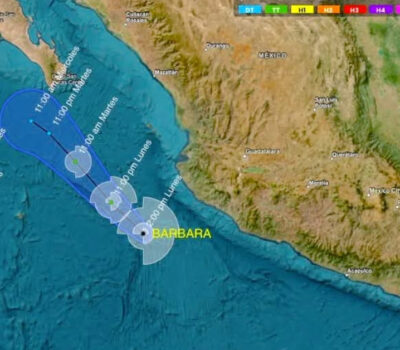France has a 35 hour work week and is the largest tourist destination in the world, but Puerto Vallarta tourism companies say working less than 48 hours will hurt the city. Company greed is fighting Mexico’s change to protect worker’s rights.
The Chamber of Commerce, Services and Tourism of Puerto Vallarta (Canaco Servytur PV) and its national umbrella, the Confederation of National Chambers of Commerce, Services and Tourism (Concanaco Servytur), warned today that a federal proposal to cut Mexico’s standard work week from 48 to 40 hours could unsettle one of the nation’s top tourist hubs.
Canaco Servytur PV president María González said the aim of boosting quality of life for workers is clear and commendable. But she cautioned that implementing the change across every industry at once could saddle hotels, restaurants and tour operators with steep new costs and undermine their ability to staff extended shifts during peak season.
“Puerto Vallarta depends on tourism and related services for over 70 percent of its economy,” González noted. “In 2024, we welcomed more than 5 million visitors who contributed over 35 billion pesos to the local economy. Our businesses need long hours, rotating shifts and high operational flexibility to meet that demand.”
Without a gradual, sector-specific plan, she warned, the cut in weekly hours would force many small and micro enterprises to hire extra staff or pay overtime rates, either of which would raise running costs at a time when competition for tourist dollars is fierce.
Lessons from abroad
Canaco Servytur PV pointed to Chile’s 2023–2028 transition from a 45-hour to a 40-hour week. Chile’s gradual approach allowed small businesses and vulnerable sectors like tourism to adjust staffing models and workflows over five years. In contrast, France’s shift to a 35-hour week in 2000 led to productivity hurdles and higher labor costs for small firms, prompting many employers to carve out flexible schedules or pay exemptions for overtime.
Iceland’s recent four-day week trial delivered solid gains in public-sector productivity and staff well-being. But Canaco Servytur PV argued that success in state agencies—where workloads and client expectations differ—does not guarantee the same results in hospitality and leisure industries that rely on 24/7 service.
Call for data-driven debate
Concanaco Servytur national president Ricardo Ramírez urged lawmakers to back the goal of better work-life balance while tailoring any shift in hours to the needs of each industry. He called for detailed impact studies, sector-by-sector timelines and pilot programs before any blanket reduction takes effect.
“An informed dialogue can lead to a phased reform that protects jobs, keeps service standards high and avoids sudden disruptions,” Ramírez said. “If we rush a uniform cut, we risk formal job losses and a drop in service quality that will hurt both workers and the communities that depend on tourism.”
Local hoteliers and restaurant owners echoed those concerns. Many said they already run on tight margins and rely on seasonal staff to cover early mornings, late nights and holiday weekends. They fear a sudden drop in available work hours could force them to limit opening hours or raise prices—moves that would undercut Puerto Vallarta’s appeal.
As the proposal moves through Congress, Canaco Servytur PV and Concanaco Servytur plan to submit position papers and meet with legislators. They say that a collaborative, evidence-based approach offers the best path to improving worker welfare without dimming the shine on one of Mexico’s marquee destinations.
France has a 35 hour work week and is the largest tourist destination in the world, but Puerto Vallarta tourism companies say . . .

